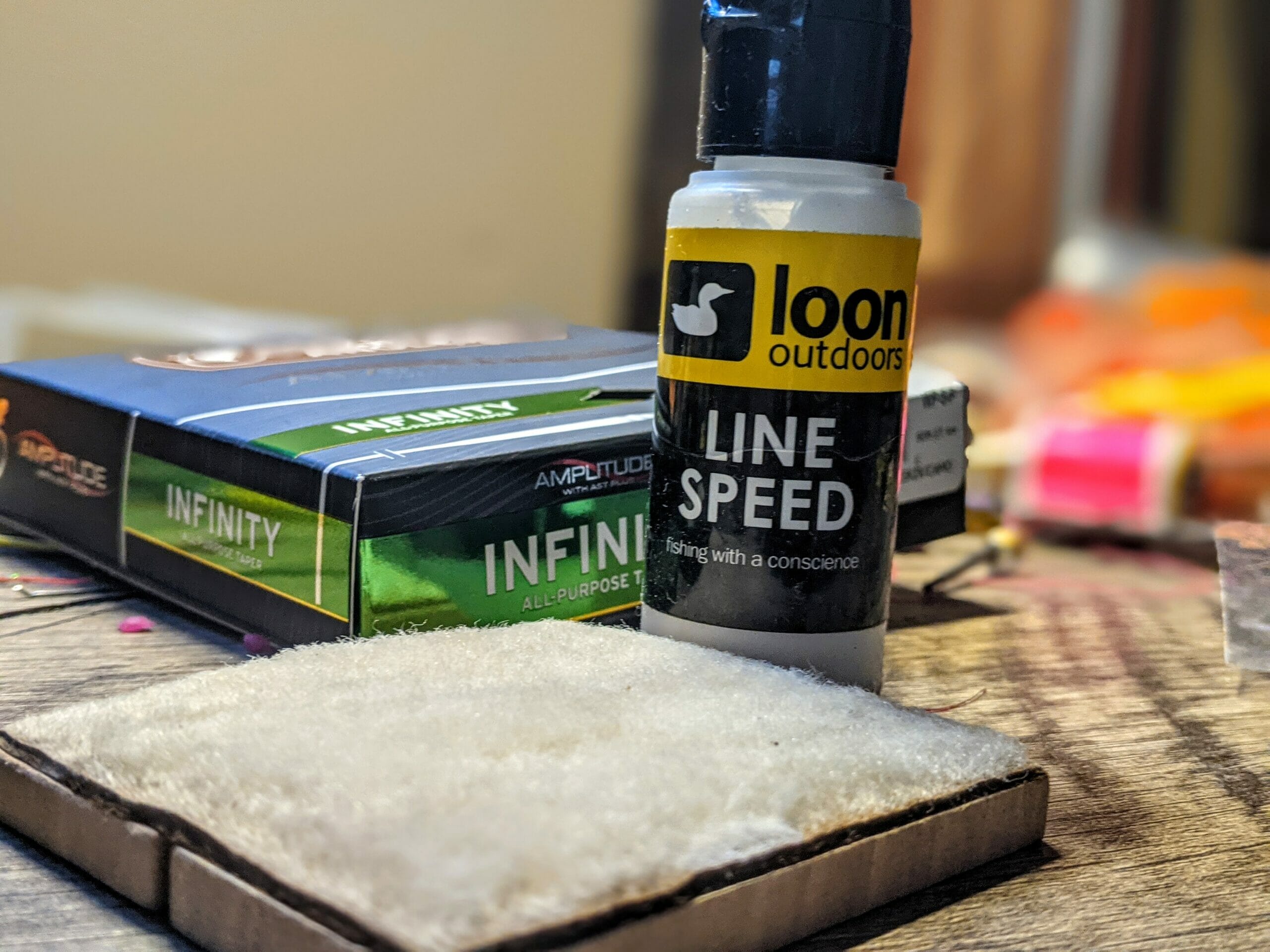When I was younger, I put myself through college mowing lawns. I worked for a great guy who built a solid business trailing lawn mowers all over the Denver suburbs and unleashing a team of college and high-school kids to get the work done.
But every Monday morning, instead of meeting at some Cherry Hills McMansion to cut the grass, we’d meet at the boss’ garage in Parker, where we would meticulously take apart lawn mowers. We’d change the oil and oil filter, clean the air filters and sharpen the blades. There were a half dozen big mowers, a couple of weed whackers and various other tools that we would carefully clean and prepare for the week ahead.
And, of course, we’d complain about it.
“Wouldn’t it be faster to just go cut lawns and then spend Friday afternoon doing maintenance accompanied by a case of beer?” one of my coworkers asked early one Monday.
“These things aren’t cheap,” my boss said. “They’re only built to last if you take care of them. And if you think I’m going to have a dozen drunk kids in my garage taking care of my equipment, you’re crazy.”
It was a valuable lesson for me — a lesson that has translated to virtually every corner of my life. I am borderline religious about the maintenance schedules for my vehicle. And my fly fishing equipment, when I’m done for the day, is carefully rinsed, dried and properly stowed.
If you fish more than once a week, I’d recommend a thorough line cleaning every month, and even more frequently if you’re on the water more often. A clean fly line makes for a clean cast. It’s as simple as that.
And I’m a zealot for clean fly line.
Fly lines aren’t cheap — good ones can cost upward of $100. There’s no such thing as a “set it and forget it” fly line. Period.
They require maintenance, and not just once or twice a year. Even the heartiest of saltwater fly lines suffers from the elements, no matter how quickly you rinse it when the day is done. Freshwater lines, too, need to be cared for on a regular basis. If you fish more than once a week, I’d recommend a thorough line cleaning every month, and even more frequently if you’re on the water more often. A clean fly line makes for a clean cast. It’s as simple as that.
Consider line cleaning a thoughtful protection of a significant investment, just like my old boss did all those years ago. Knowing that, even with a frequent cleaning, well-used fly lines might only last a season or two should be enough motivation for any serious fly angler to take the time to clean the fly lines used most often, and to clean them on a regular basis.
I’d even take it a step further. Even fly lines that don’t see regular action — let’s say you have a saltwater line that you might use once a year, if you’re lucky — should get at least an annual cleaning. Spending time wrapped around a reel and stowed in the rafters still subjects the line to aging and memory. By stripping the line off the reel and giving it a thorough cleaning, you’ll extend the life of the line.
And there are many schools of thought to how to go about cleaning fly line. I have buddies who swear by a mild mixture of warm water and dish soap. Others swear by greasier concoctions that include things like super-pricey hand lotion and even some mild oils.
Generally, I think cleaning with anything too greasy or oily is a bad idea. The dish soap method is probably all right, particularly if you use a really nice microfiber cloth to dry the line once you’ve soaked it and rinsed it for a time.
But most fly-line manufacturers offer line cleaning solutions and microfiber pads to get the job done easily. Trouble is, the pads are short-lived — if you clean a line more than once a month, they’ll be worthless in short order.
I’ve settled on the Loon Line Up kit — it comes with a durable “fold tool” lined with sheepskin and a small bottle of Line Speed, which is billed to improve floatation, fill in little nicks and scratches and properly lubricate the line without coming across as oily. It will last as long as you wish (you can clean and dry the sheepskin if it starts to show too much grime or wear). It’s perfect for frequent line cleanings, and it’s a small price to pay to ensure a fly line meets or surpasses its projected lifespan.
As my old lawn-mowing boss would say, “They’re only built to last if you take care of them.”
Of course, while cleaning fly line, it’s probably OK to enjoy a cold one during the process.
We post Trout Talk features every weekday. See them all here.



